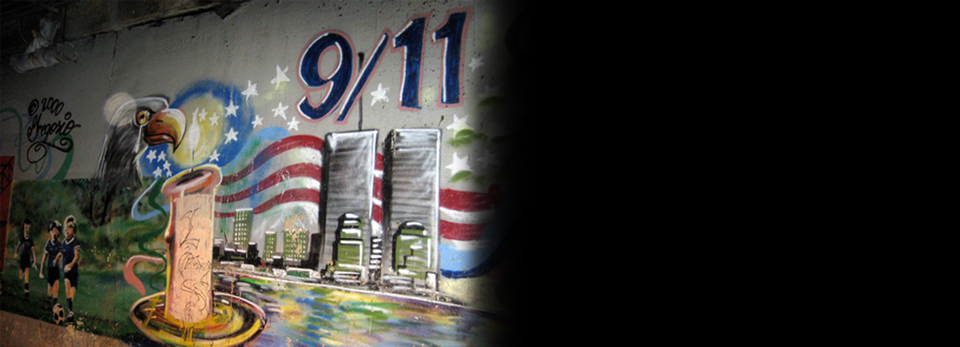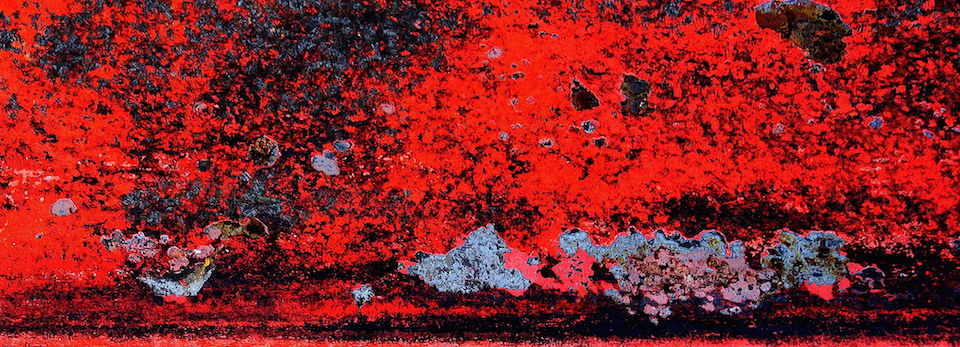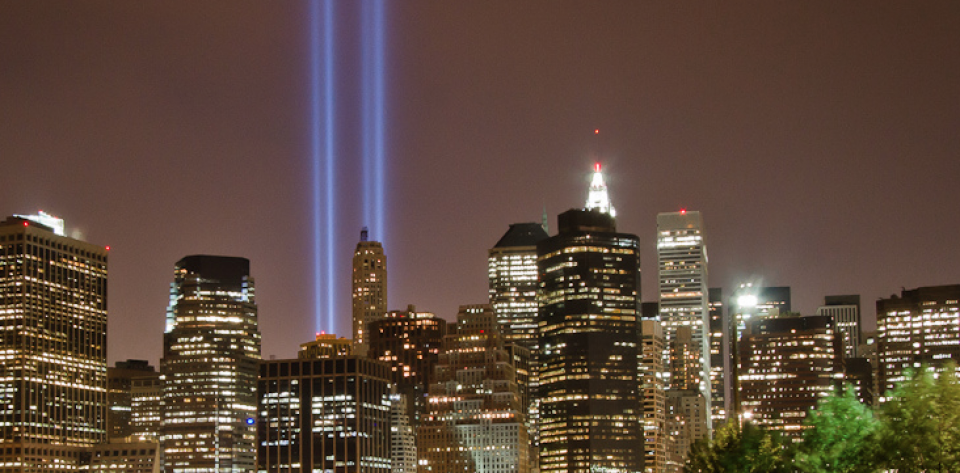A week after the terrorist attacks of September 11, 2001, the editor of Vanity Fair, Graydon Carter, was quoted as saying that ‘the end of the age of irony’ had arrived, while Roger Rosenblatt, of Time, wrote: ‘One good thing could come from this horror: it could spell the end of the age of irony’. The affirmation that irony had died seemed to be confirmed in those first weeks, with many other commentators …
View More 9/11 Fiction and the Death of IronyTag: post-9/11 literature
Pixels/Tissue – Drone Wars and Suicide Attacks
Suicide bombing and drone strikes, both radically ultimate, occupy opposite ends of the spectrum of asymmetrical warfare: while the Unmanned Aerial Vehicle combines maximum destructiveness with zero physical danger for the pilot, a suicide attack is, following Baudrillard, the…
View More Pixels/Tissue – Drone Wars and Suicide AttacksLitter, Landscape and The Road
Cormac McCarthy’s The Road (2006) presents a dystopian vision of a near-future world in which most organic vegetation has died and human life is becoming increasingly rare. It is not unusual for dystopian fiction to …
View More Litter, Landscape and The RoadEmpathy After 9/11
In his book, Empathy and Moral Development, the psychologist Martin Hoffman defines empathic response as ‘the involvement of…
View More Empathy After 9/11



